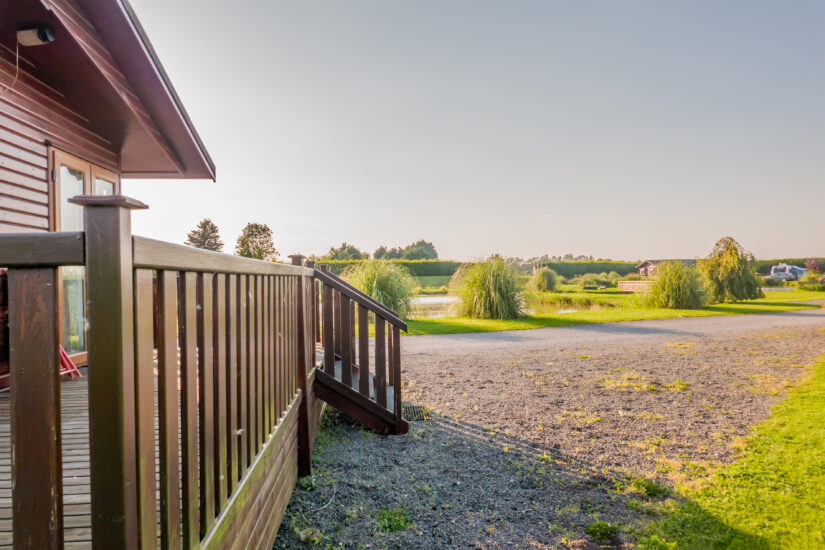How To Enjoy Your Retirement

Depending on when you retire and how long you live, retirement can last 30 years or more.
“Most people underestimate how long they’ll live,” Kate Smith, pensions expert at Aegon, says.
“The trick is to avoid using up your retirement savings too quickly and running out of money. But equally, avoid living frugally when you don’t have to.”
Start by thinking of retirement not as one block of 25-35 years, but as several phases.
“This gives you the flexibility to consider some kind of work in your sixties and early seventies – which will help address any potential pension shortfall,” Sarah Coles at Hargreaves Lansdown advises.
It can be a brilliant time to prioritise paying money into your pension.
“By this stage, any children you have are more likely to be independent, which should free up a chunk of your income to put aside for the future,” Sarah adds.
If you’re working part time, you should still consider paying into your pension.
Though if you plan to draw income from a defined contribution scheme at the same time, it’s worth being aware of one technicality.
This will help improve your income
“You can take the tax-free cash, and keep paying up to £40,000 (or your total earnings, whichever is lower) into it while you’re working.
“This will help improve your income when you throw in the towel for good.
“If you need to draw more than this, you’ll trigger what’s known as the Money Purchase Annual Allowance, which will limit your contributions to £4,000 a year,” Sarah says.
If you are still in work at the age when you become eligible for your State Pension, you may not need it immediately, so you can defer it in return for a higher payment each month.
There’s a trade-off between the fact you’re getting a higher income, and having to wait longer to start receiving it.
The break-even point, if you defer for a year, is 17 years into retirement.
At the moment a sixty-five-year-old man is expected to live 19 years longer and a sixty-five-year-old woman 21 years, so unless you have a specific reason to suspect you will die earlier than average, it could pay off.
If you’re considering equity release you need to understand the full cost
Once you’re in your seventies and eighties, make sure you’re claiming everything you’re entitled to: this could include pension credit, housing benefit, benefits for those caring for a loved one, the winter fuel payment – worth £200, or £300 if you’re over eighty – or council tax support.
It’s also worth thinking as early as possible about what role your home can play in your retirement plans. If you plan to move, will it free up cash for retirement?
When will you want to make this move? Will that tally with when you need the money?
However, if you’re considering equity release you need to understand the full cost, Sarah says.
“The interest will roll up, and with the fees added on top, even with a competitive rate, the amount you have to repay can double in twenty years.
“Even if you’re happy with the cost, it’s important to explain it to your family, so they don’t get a nasty surprise down the line.
“You also need to be confident this is a decision you can live with.
“If you release equity and stay in the family home, there’s always a danger that you decide to downsize later, but that the loan has eaten up so much of the value of your home that you can’t afford a smaller property.”
Ask the expert
Kate Smith, pension expert at Aegon UK, is here to help.
“The older you are when you take your pension the more time it will have to grow in size and the longer it should last.
“If you continue to work, possibly part-time, you can keep on paying into a pension so it should last even longer. Check your investments are appropriate for the level of risk you’re happy to take on.
“Work out how much money you’ll have in retirement, including from private and company pensions, the State Pension, savings, and any other income. Then use online tools to work out how much income you’ll need in retirement for the basics and luxuries.
“If you have other savings, think about taking them before accessing your pension. You don’t pay income tax on ISA income. But pensions income is taxed in the same way as earned income.
“So avoid taking out too much pension as this could push you into a higher tax bracket, which means you would pay more tax than you needed to.
“If your personal or financial circumstances change, adjust the amount of your pension income.
“Professional advice is always a worthwhile option if you have complicated affairs or would benefit from some financial planning.”
For more financial tips from “The People’s Friend”, click here.










